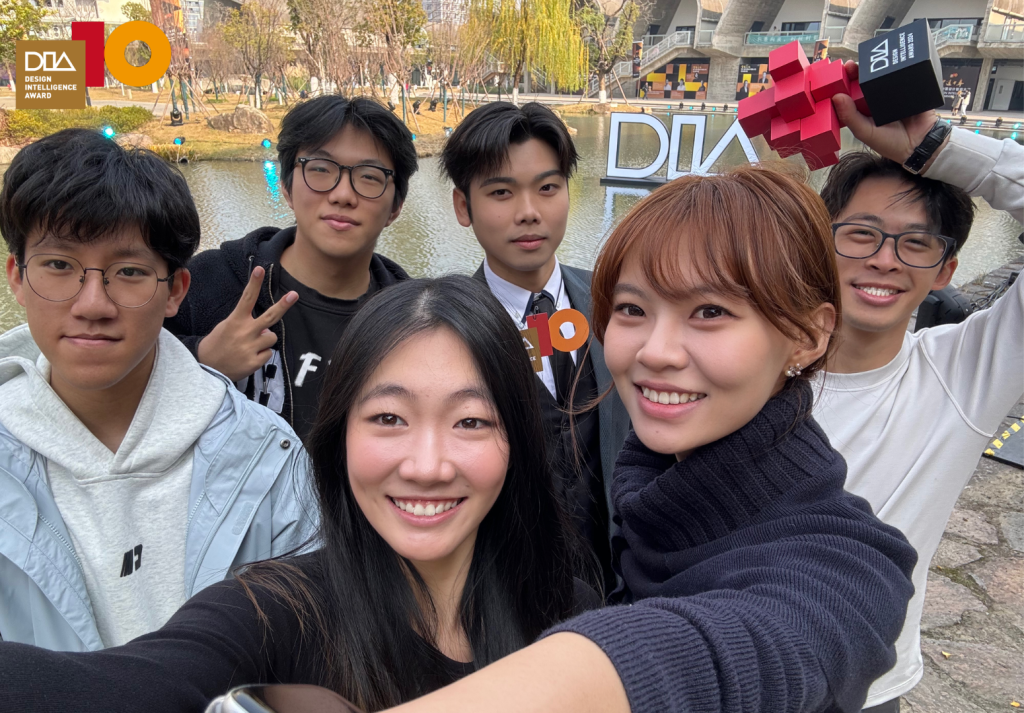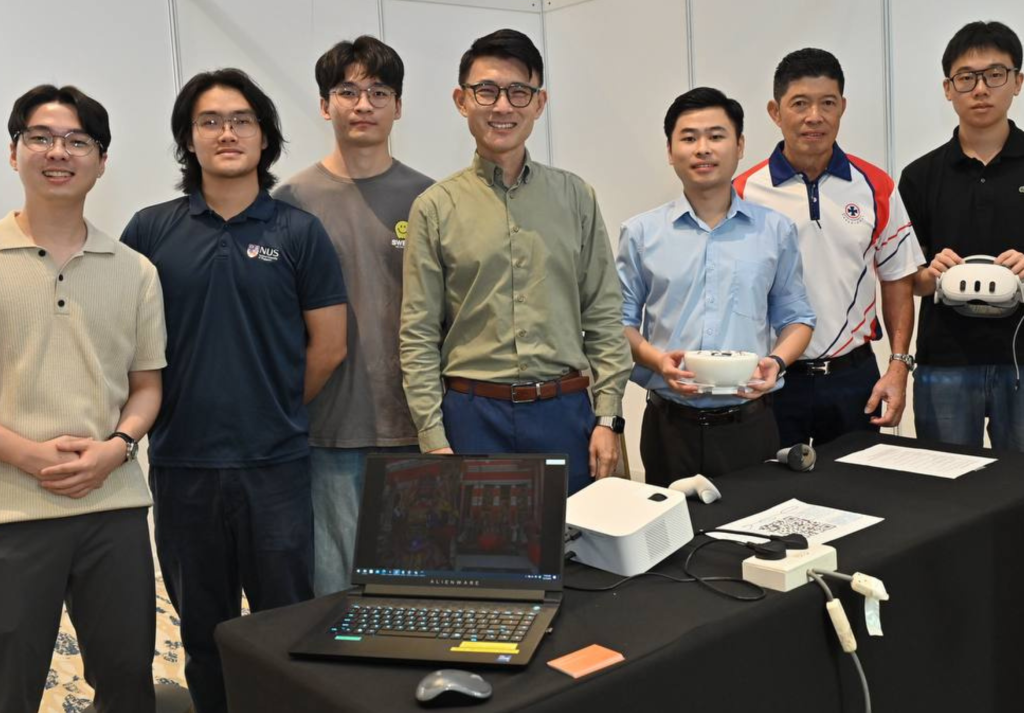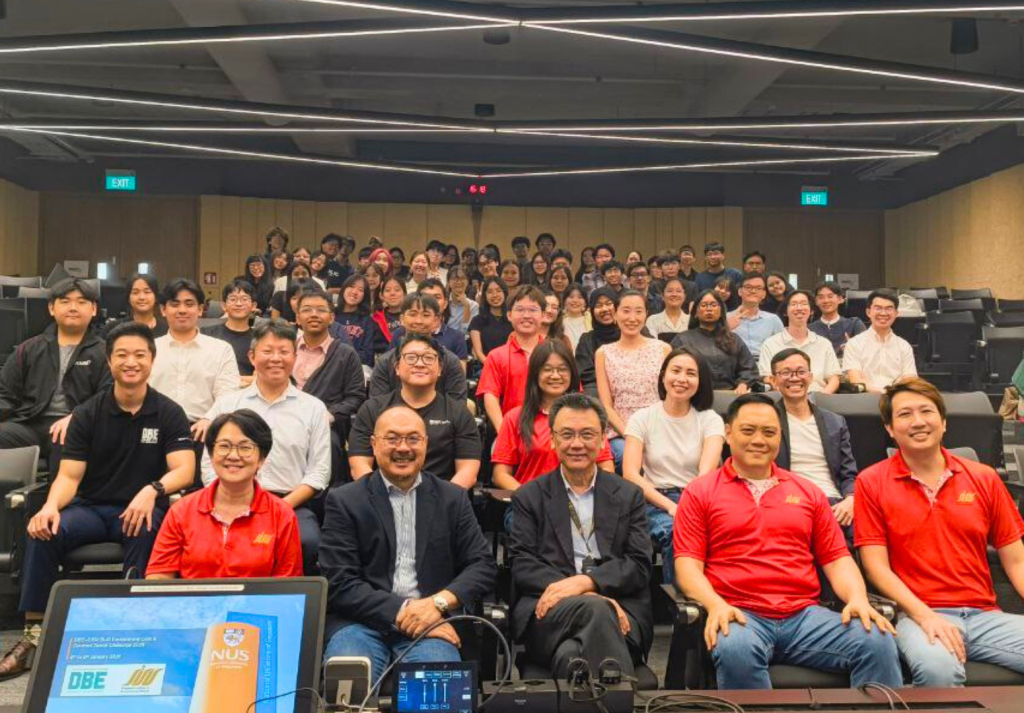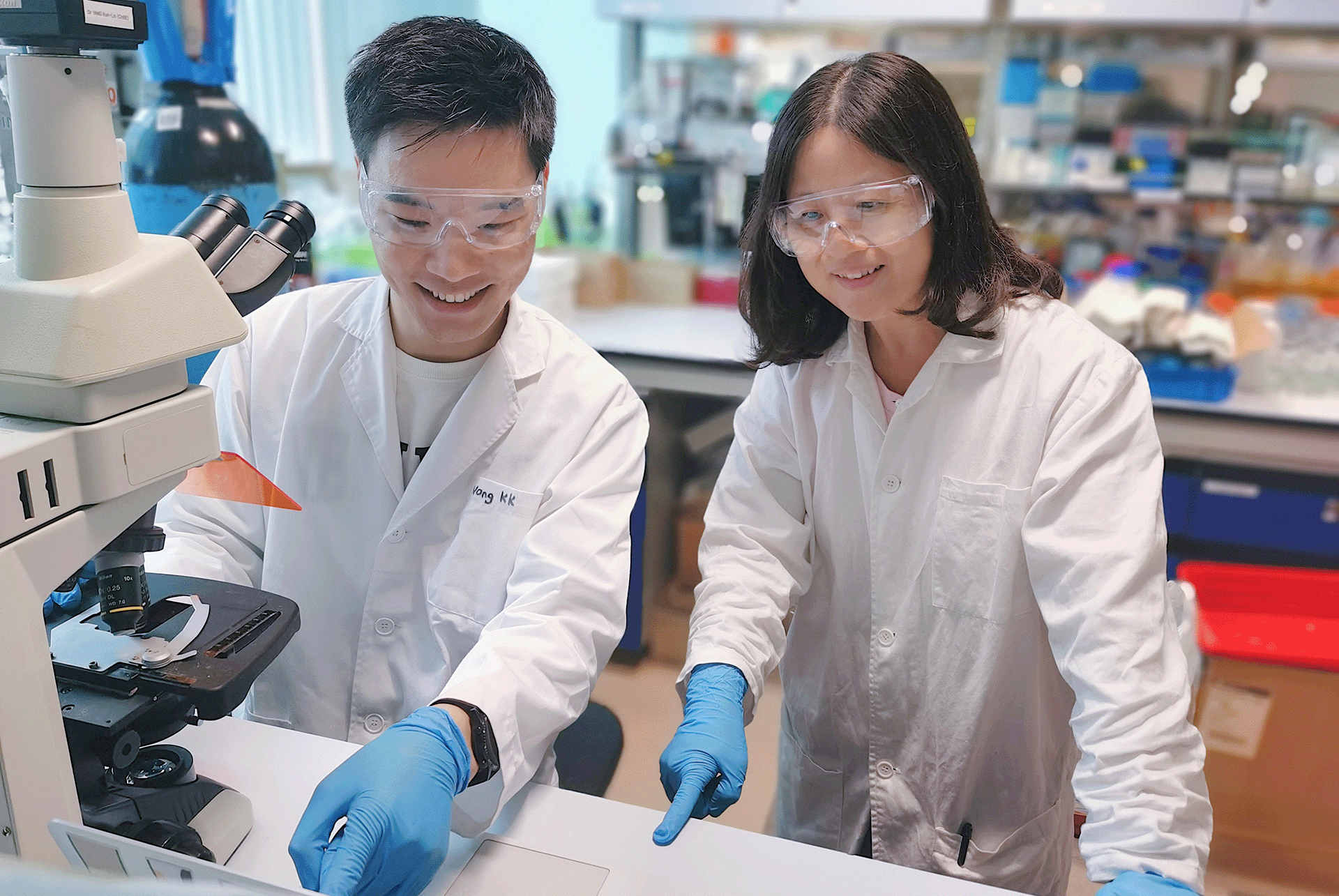
A research project that aims to revolutionise wastewater treatment by utilising specialised multitasking bacteria has been named as the top prize winner of CDE’s inaugural Sustainable Design and Engineering Innovation Challenge.
The winning project led by Professor He Jianzhong (Civil and Environmental Engineering) was announced during CDE’s first Industry Day held on 29 September, bringing together experts from academia and industry.
Two other projects, also led by faculty from Civil and Environmental Engineering, were awarded second and third place in the challenge.
The challenge aims to identify and promote translational research technologies that are economically viable and aligned with the UN’s Sustainable Development Goals whilst also fostering collaboration between academia and industry.
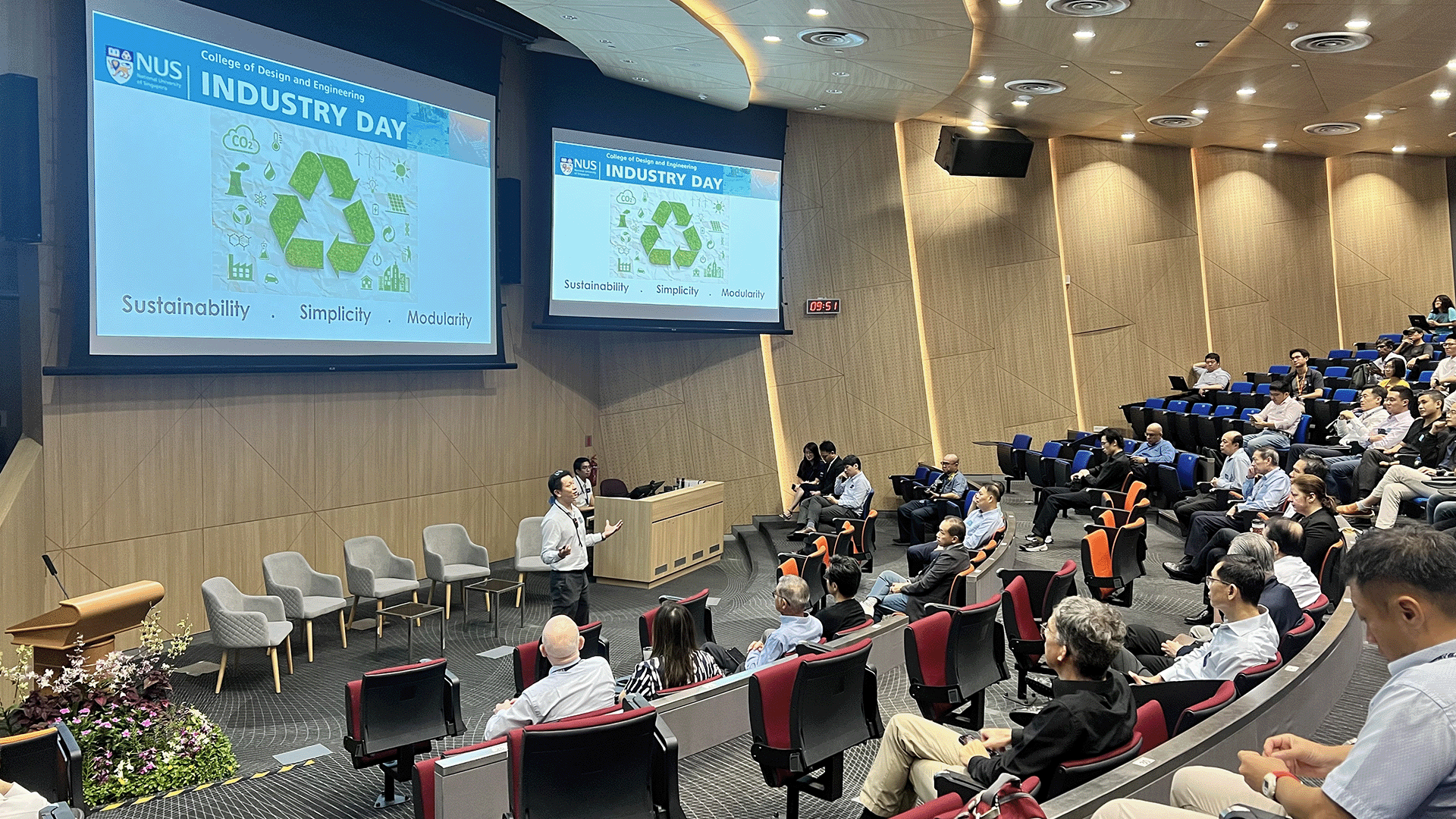
The innovative approach of Prof He’s winning project offers a low-energy, cost-effective solution for enhanced nutrient removal in mainstream wastewater treatment, promising to improve both sustainability and economic viability in municipal water reclamation plants.
Unlike existing treatment technologies, the one-step process combined with the metabolic versatility of the proprietary bacteria used in the project reduces energy consumption and emissions, enabling a more compact treatment system and cutting reliance on costly chemicals.
As the first prize winner in the innovation challenge, Prof He’s project was awarded a $100,000 grant.

Taking second place in the challenge, and winning a $50,000 grant, was a project led by Dr Justin Yeoh for an integrated robotics system for the construction sector.
Dr Yeoh’s project aims to streamline construction inspections and reduce manpower use by utilising point cloud data and Building Information Modelling to automatically detect non-compliance and defects.
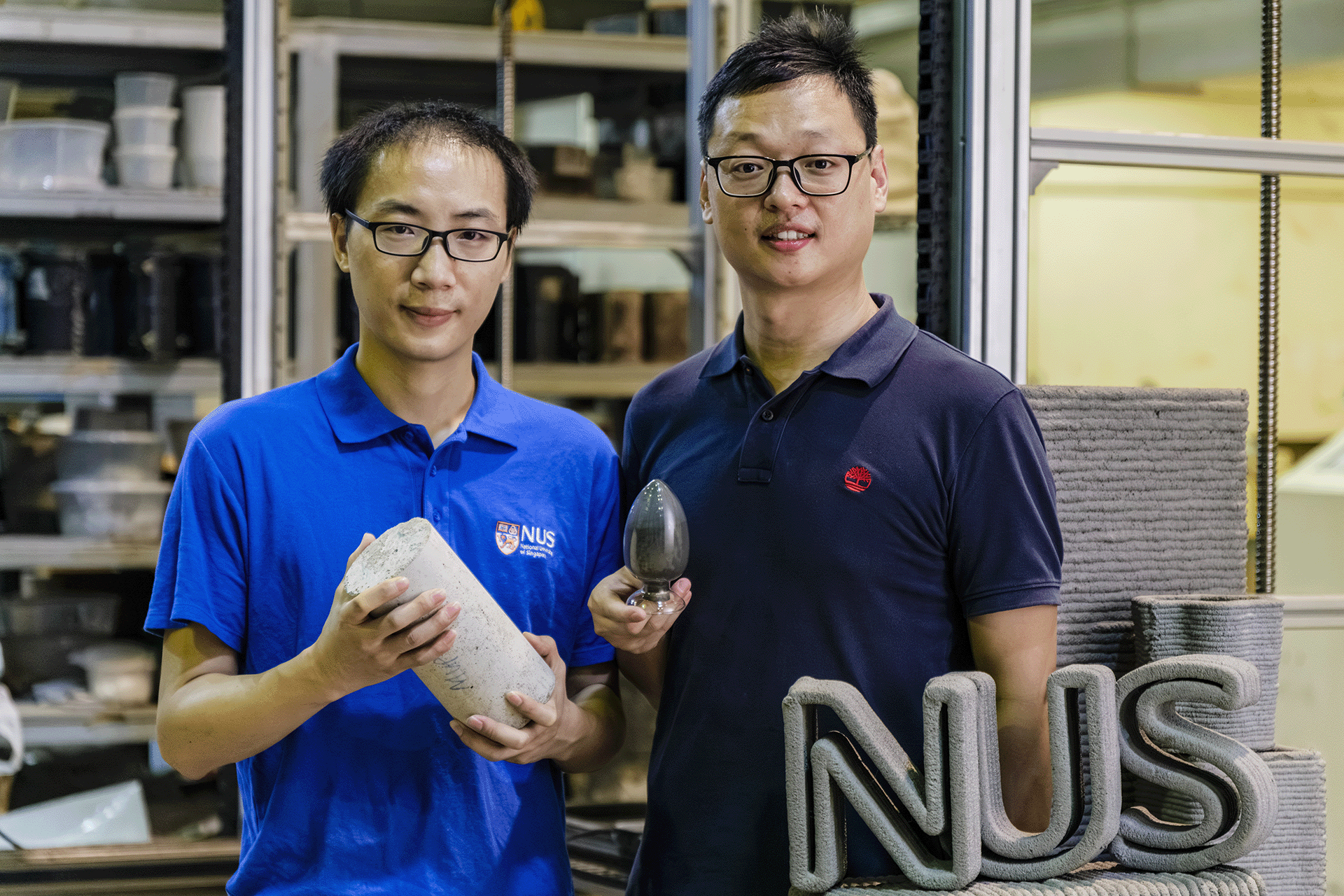
The third-place project, which was also awarded a $50,000 grant, focuses on recycling electric vehicle battery waste as a partial replacement for cement in concrete production.
The project, led by Dr Du Hongjian, offers an environmentally friendly solution to reduce waste and mitigate carbon emissions in the construction industry.
‘Catalyst for change’
The first Industry Day to be held since the formation of CDE in 2022 focused on advancing sustainable design and engineering solutions as well as showcasing some of the latest research and innovation by CDE faculty and students.
As well as the sustainability challenge, exhibits, keynote speeches and panel discussions helped to spur engagement and knowledge sharing between researchers, start-ups and industry partners.
CDE innovations on display were grouped under the themes sustainability in logistics and operations, healthcare and living, smart manufacturing and collaborative robotics, and sustainable design in a tropical environment.
Opening the day-long event, Professor Aaron Thean, NUS Deputy President (Academic Affairs) and Provost, said Industry Day was a “platform to promote collaboration between the College, industry, and also our partners and friends in the community in order to foster knowledge-transfer and exchange.”
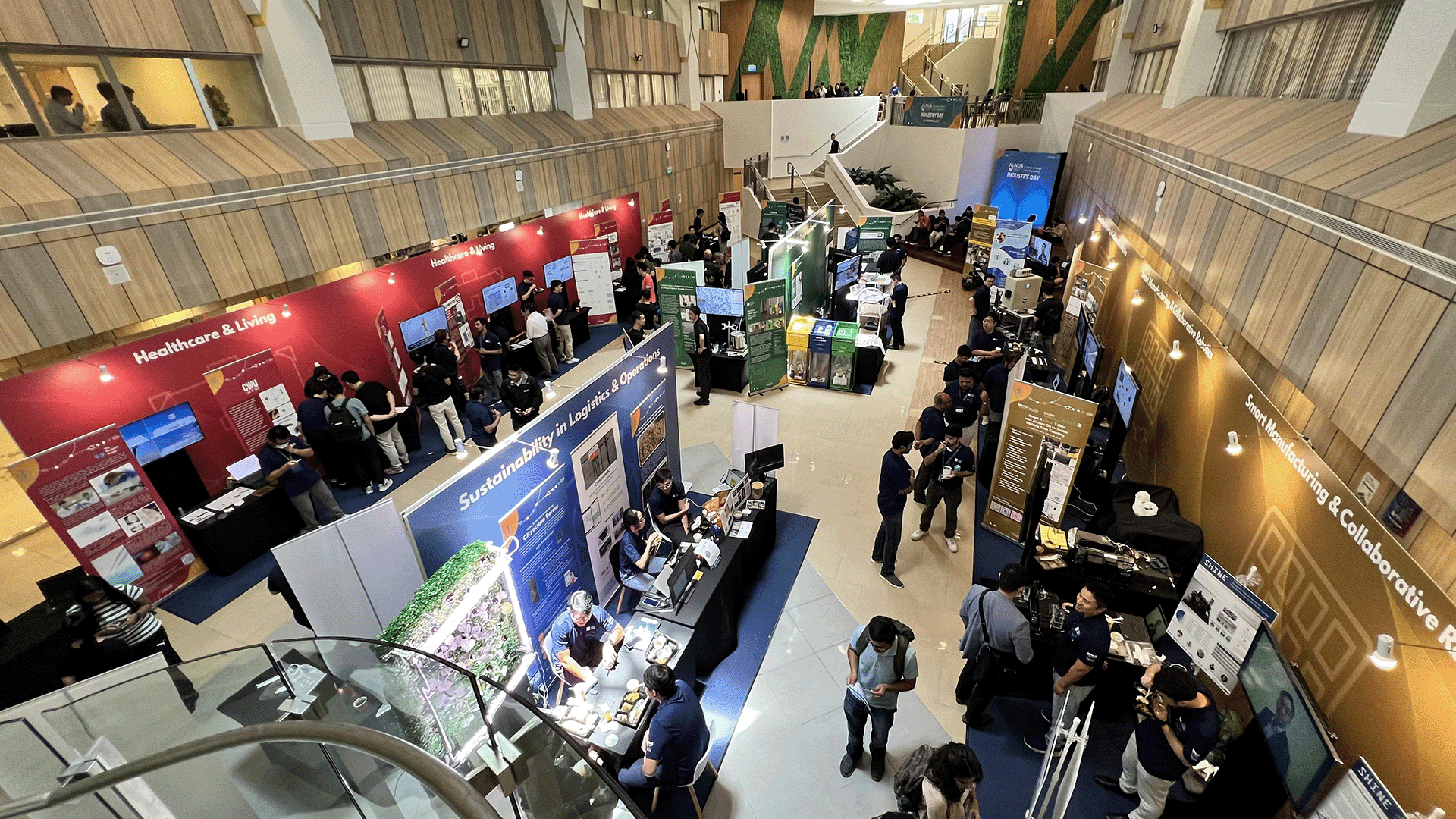
“I hope that this event by CDE will be a source of inspiration and a catalyst for change,” he said.
The first keynote address of the day heard from Mr Lim Yuang Liang, Government Chief Sustainability Officer at the Ministry of Sustainability and the Environment, who spoke on the government’s commitment to sustainability and translating research into solutions that help achieve net zero goals.
Collaboration between government, academia and industry, Mr Lim said, was crucial to charting a climate-friendly path for the planet and creating a more resilient, low-carbon future.
He was followed in another keynote by Mr Frederick Teo, CEO of GenZero, who outlined the importance of human innovation and collaboration in sustainable design and engineering, tracing its connection to the UN Sustainable Development Goals.
Pointing to the many opportunities between emerging and developed markets, Mr Teo emphasised the need for diverse funding to drive impactful change, and strategies to build greater connections between the efforts of universities, companies, and startups.
Later in the day, events included a talk by Emeritus Professor Chou Saw Kiang discussing university-industry collaboration for addressing the challenges of a Low-Carbon City, as well as presentations on models of collaboration, promoting sustainable workplace safety and health, and on turning technology into a commercial venture.
Industry Day concluded with presentations on developments in upcycling industrial waste – one on turning waste carbon into high-value products for energy and environmental applications, and one on turning waste construction clay into green cement.



